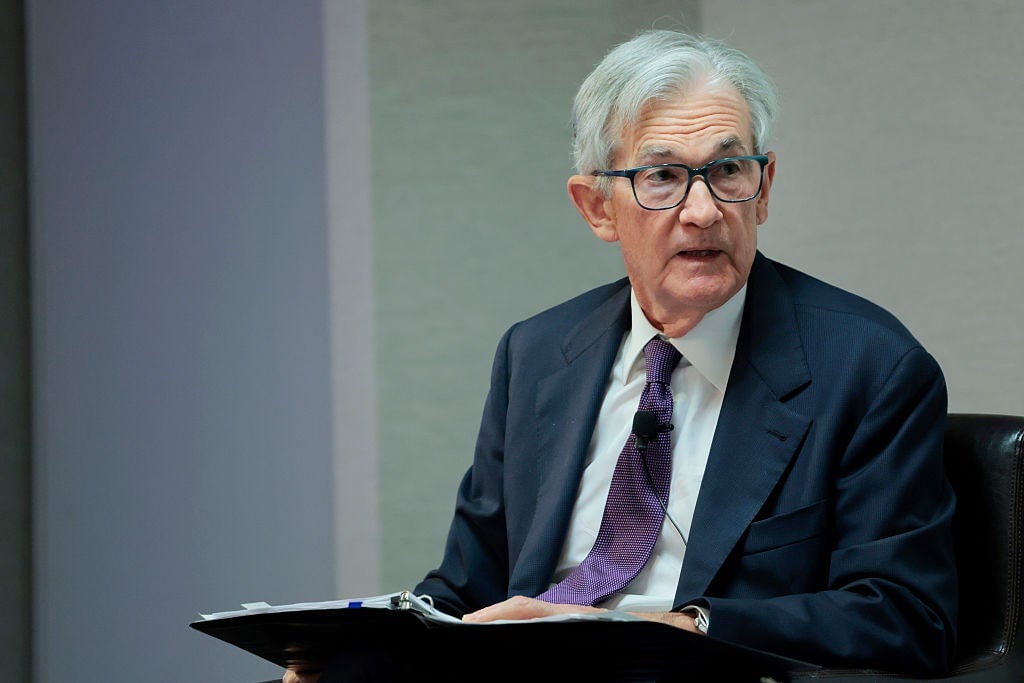Fed Chair Jerome Powell says tariffs are 'highly likely' to fuel more inflation
Powell said even the central bank was surprised by the size of the duties announced by the Trump administration

Federal Reserve Chair Jerome Powell said Wednesday that he expects President Donald Trump’s tariffs to lead to further inflation.
Suggested Reading
Powell made the comments during an event hosted by the Economic Club of Chicago, where he spoke about the state of the U.S. economy.
Related Content
“Tariffs are highly likely to generate at least a temporary rise in inflation,” he said. “The inflationary effects could also be more persistent. Avoiding that outcome will depend on the size of the effects, on how long it takes for them to pass through fully to prices, and, ultimately, on keeping longer-term inflation expectations well-anchored.”
Powell said that even the central bank was surprised by the size of the duties announced by the Trump administration.
“The level of the tariff increases announced so far is significantly larger than anticipated,” he said. “The same is likely to be true of the economic effects, which will include higher inflation and slower growth.”
Trump announced tariffs as high as 145% on Chinese imports last week. In response, China installed 125% tariffs on U.S. goods. Imports from all countries have been hit with a minimum base tariff of 10%, with many extending much higher.
Powell said Wednesday that as the Fed gains a better understanding of the Trump administration’s policy changes, it will have a better sense of the implications for the economy — and, therefore, for monetary policy. He noted that the Fed’s obligation is “to make certain that a one-time increase in the price level does not become an ongoing inflation problem.”
He said the Fed will continue to work to try to balance the dual mandates of maximum employment and price stability, adding that “without price stability, we cannot achieve the long periods of strong labor market conditions that benefit all Americans.”
Powell noted that the Trump administration’s policy changes in the areas of trade, immigration, fiscal policy, and regulation are still evolving, and it is therefore hard to know their effects on the economy.
“As that great Chicagoan Ferris Bueller once noted, ‘Life moves pretty fast,’” he said to laughter. “For the time being, we are well-positioned to wait for greater clarity before considering any adjustments to our policy stance.”
While data is still coming in, early numbers show that overall GDP slowed in the first quarter compared to last year. Powell noted that a high number of imports by businesses attempting to get ahead of tariffs will weigh on GDP growth. Inflation has “come down a great deal,” he said, but is still above the Fed’s 2% objective.
During a question-and-answer with University of Chicago finance professor Raghuram Rajan following his remarks, Powell was asked about his tenure as Fed Chair, which has included the Covid-19 pandemic, the collapse of Silicon Valley Bank, persistent inflation, and now, the potential for a tariff-induced recession. “I would agree with you that it’s been an eventful seven years,” Powell said to more laughter. “I keep waiting for the three months of calm that never comes.”